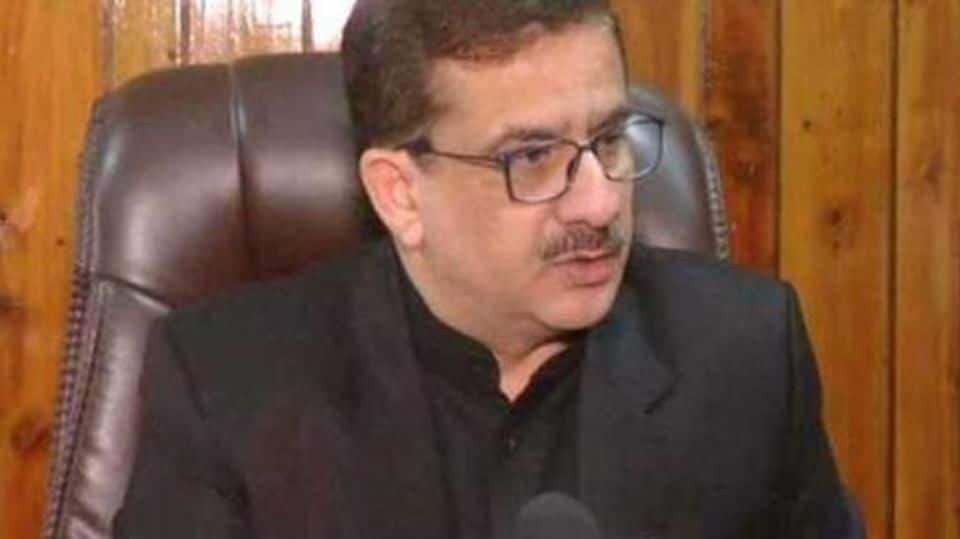
Shia Waqf Board: Ram Mandir in Ayodhya, Mosque in Lucknow
What's the story
As a solution to the Ram Janmabhoomi-Babri Masjid dispute, Shia Waqf Board has suggested that the Ram temple be built at the disputed Ayodhya site and the mosque in Lucknow.
Chairman Syed Waseem Rizvi said he had discussed the "terms and conditions for an out-of-court settlement with the mahants of Ayodhya and all other petitioners."
Draft proposal will probably be ready by December 6.
Dispute
What is the Babri Masjid/Ram Janmabhoomi dispute?
In December, 1992, thousands of right-wing activists razed down the Babri Masjid, claiming that it was built on a temple; this temple had special significance as it was considered the birth-place of Lord Ram.
Since then, the 16th century site has been disputed.
After the Babri Masjid demolition, the country witnessed Hindu-Muslim riots that killed about 2,000 people.
HC judgment
What was the Allahabad HC's 2010 judgment?
In 2010, Allahabad HC ruled that the disputed land in Ayodhya was Lord Ram's birthplace; additionally, Babri Masjid was built after destroying the temple but was not built according to Islamic tenets.
It ordered a three-way split of the site among Hindus, Muslims and Nirmohi Akhara.
However, all stakeholders rejected this; they appealed in the SC.
In March'17, SC suggested an out-of-court settlement.
Disagreement
Meanwhile, Shia and Sunni Waqf Boards disagree on the issue
Shia and Sunni Waqf Boards disagreed on the issue.
Sunni Waqf Board was given part of the disputed land in the 2010 verdict.
Later, Shia Waqf Board's stand, that a mosque be built at a small distance from the temple so that no Hindu-Muslim conflicts occur, angered Sunni Waqf Board.
Sunni Waqf Board claimed to be the only Muslim party privy to the dispute.
Shia Waqf Board
What is the Shia Waqf Board saying now?
Now, Rizvi says after "amicable discussions," it was decided that mosque won't be built in Ayodhya or Faizabad.
Further, Rizvi claimed that Sunni Waqf Board had failed to register the disputed land in its name in courts; thus, only Shia Waqf board had a right to the mosque.
He however allowed Sunni organizations to participate in the talks, but disallowed those with "negative approach."
Current scenario
What is the present situation?
Efforts have been made to arrive at a peaceful solution.
Earlier, 'Art of Living' founder, Sri Sri Ravi Shankar met stakeholders to mediate the dispute.
However, VHP and All-India Muslim Personal Law Board (AIMPLB) insisted the matter can't be resolved by discussion and the court's order be awaited.
Further, the AIMPLB, like Sunni Waqf Board, refused to surrender Muslims' legal right to the land.